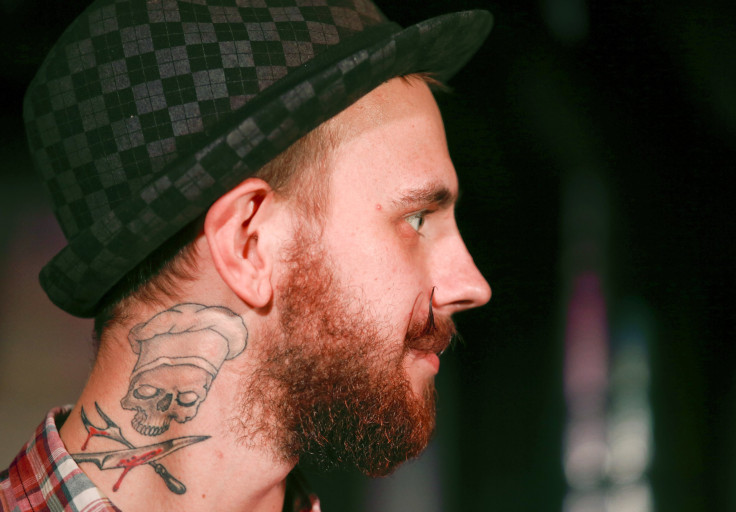The Rise Of The Hipster Beard And What You Can Do To Stand Out From The Crowd, According To Science

Whether it's on television or during your daily commute, chances are you've seen a beard recently. We know about the hipster beard phenomenon,which has led to products like beard oil, but could there be an evolutionary basis for all the excess facial hair? A new study suggests male primates -- including humans -- adorn themselves with "ornaments" when faced with increased social competition. In some capacity, a beard could be the Cliff's Notes for your life as a strong and capable man.
Researchers from the University of Western Australia explored the idea of how competition affects appearance in multilevel primate societies. Primates with rich social networks and organizations -- including hamadryas baboons, snub-nosed monkeys, proboscis monkeys and orangutans -- used their appearance to establish their overall attractiveness and differentiate themselves from a crowded field of suitors.
"In large groups where individuals are surrounded by strangers, we need a quick reliable tool to evaluate someone's strength and quality, and that's where these elaborate ornaments come in. In the case of humans, this may also include phenotypic extensions such as body decoration, jewelry and prestige items," lead author Dr. Cyril Gueter, of the University of Western Australia, said in a statement. Mandrills travel in huge groups -- up to 800 animals -- and that could explain why the primates developed their many colorful features. For primates that are not social, there is less need for decoration.
It's like living in a small town or living in a city. If you know everyone, you may not need to get creative with how you look. Being surrounded by strangers requires a bit of extra help. Another study from Australia agrees with this idea that standing out from the crowd can help your chances of finding a partner. Based on five different studies, nonconformists were deemed more desirable, said psychologist Mathew Hornsey of the University of Queensland.
So, what happens when you and everyone else has a beard? It may seem like an obvious solution would be to shave, but everyone else may have that same idea -- which leads you to looking the same as everyone else. That's another problem that mathematician Paul E. Smaldino, from the University of California, Davis, explored using a statistical model. "If people change their behaviors in response to others but don't consider how their own behaviors affect everyone else, then even the quest for distinctiveness can lead to a fleet of clones," Smaldino told International Business Times.
© Copyright IBTimes 2024. All rights reserved.












